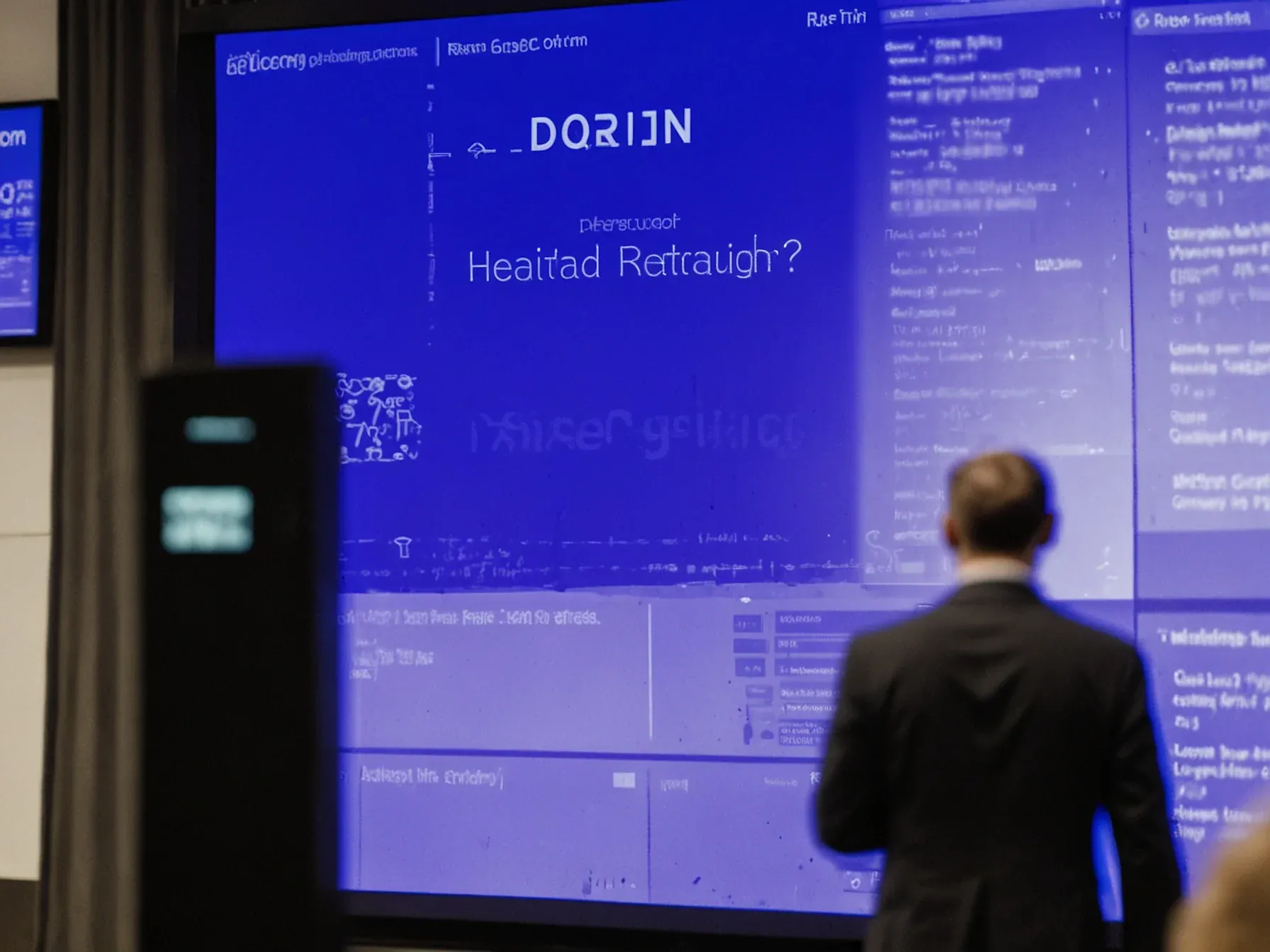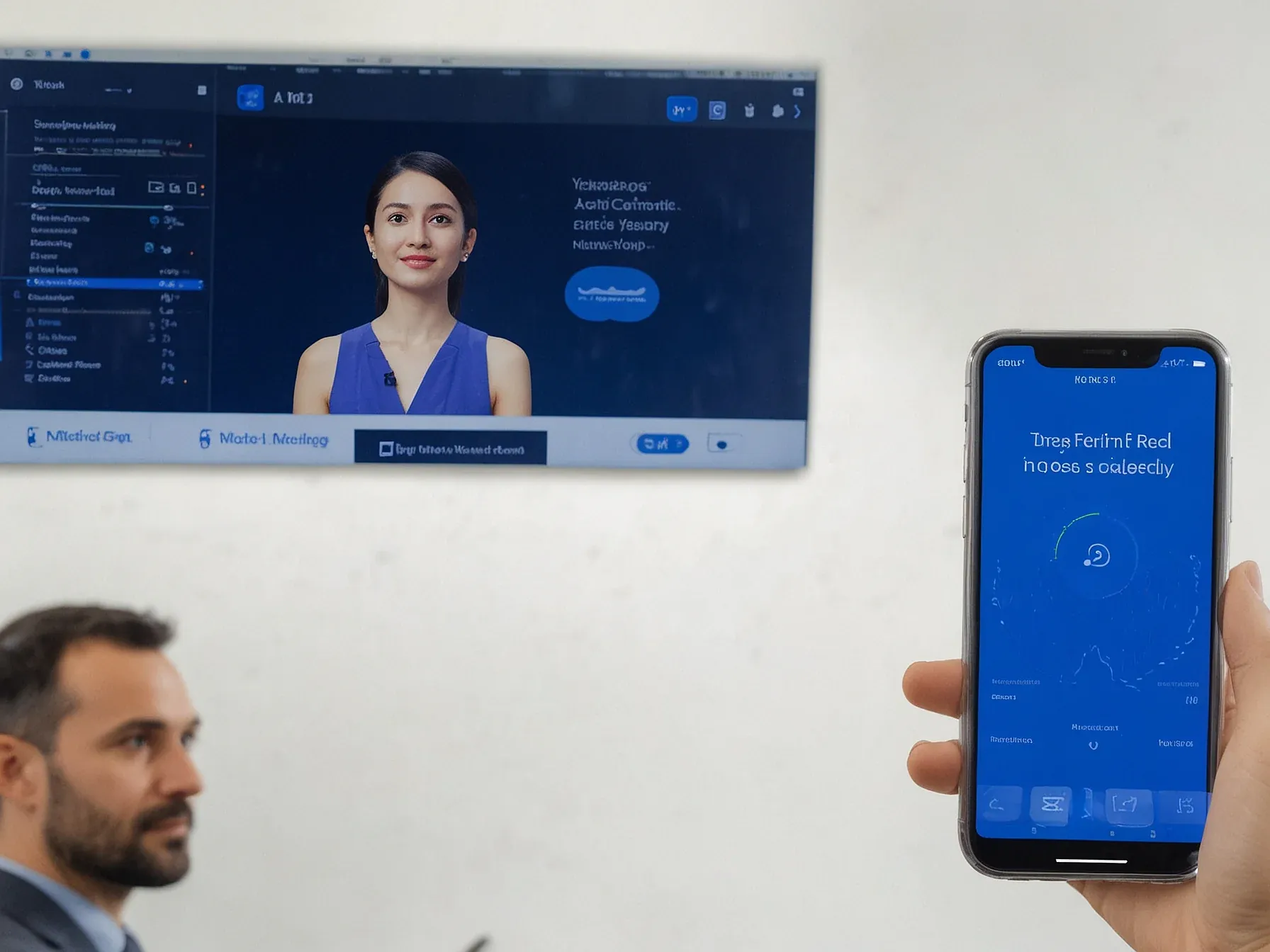
Editorial illustration for Devin AI Claims Full Software Engineering Workflow from Ticket to Code Commit
Devin: First AI Software Engineer Transforming Coding
Devin billed as AI software engineer handling tickets to commits
The race to build autonomous coding assistants just got more intense. A new AI system called Devin is challenging conventional wisdom about software development, promising to transform how engineers tackle complex programming tasks.
Startup Cognition Labs claims Devin can do something most AI coding tools only dream about: complete entire software engineering workflows independently. This isn't just another autocomplete tool or code suggestion engine.
Developers are watching closely. Can an AI truly handle everything from understanding project requirements to writing, testing, and committing production-ready code?
The implications could be profound for engineering teams drowning in technical debt and struggling with repetitive development work. Devin represents a potential shift from AI as a passive assistant to an active team member capable of end-to-end project execution.
But significant questions remain about the system's real-world capabilities and limitations. How reliable is it? Can it handle nuanced, complex coding challenges that require deep contextual understanding?
More than a suggestion tool, it's pitched as an "AI software engineer" that can manage tasks end-to-end from ticket to commit. While Devin receives less direct public documentation than some others, it is featured in industry listings of "agentic coding assistants" as part of the next wave. For teams ready to experiment with high-autonomy agents, Devin is worth a look.
However, for organisations requiring mature support and predictable outcomes, caution may be warranted. The Future is Pair-Programming with AI 2025's coding landscape proves one thing: AI assistants are no longer just productivity tools; they're creative partners. The next challenge isn't getting the AI to code better, but teaching developers how to collaborate with it.
While agentic coding may not be entirely promising, AI-powered code workflows will likely be everywhere in the near future.
Devin AI represents an intriguing leap in software engineering automation, positioning itself as more than just another coding assistant. Its claim of managing entire workflows, from ticket to code commit, suggests a potential shift in how development tasks might be approached.
Still, the technology appears to be in early stages. While promising for experimental teams eager to explore high-autonomy agents, it's not yet a universal solution for all organizations.
The tool's positioning as a full "AI software engineer" is bold. Yet its limited public documentation hints at the nascent nature of this technology.
Pragmatic engineering teams will likely approach Devin with measured curiosity. It's an emerging technology that demands careful evaluation, especially for organizations requiring predictable, reliable development processes.
For now, Devin seems best suited to teams willing to experiment and absorb potential inconsistencies. Its place in "agentic coding assistants" listings suggests industry interest, but practical buildation remains an open question.
Pair programming with AI might be the most realistic near-term expectation, a collaborative approach rather than complete replacement.
Further Reading
- Infosys, Cognition join hands to push AI software engineer Devin across global enterprises - The Economic Times
- Infosys' AI coder Devin rollout sparks fears of job losses for freshers and junior developers - Storyboard18
- The Autodev Revolution: How Devin and GitHub Copilot Workspace Redefined the Engineering Lifecycle - Financial Content
- Infosys and Cognition Announce Strategic Collaboration to Accelerate the AI Value Journey for Global Enterprises - PR Newswire
Common Questions Answered
How does Devin AI differ from traditional code suggestion tools?
Unlike typical autocomplete tools, Devin is positioned as a full 'AI software engineer' capable of managing entire software engineering workflows independently. It can handle tasks from ticket interpretation to final code commit, representing a significant advancement in autonomous coding assistance.
What makes Devin AI unique in the current AI coding landscape?
Devin AI stands out by promising end-to-end software development workflow management, moving beyond simple code suggestions or incremental assistance. The tool is positioned as part of the emerging 'agentic coding assistants' category, suggesting a more comprehensive approach to software engineering tasks.
What should organizations consider before adopting Devin AI?
Organizations should carefully evaluate Devin AI's current maturity level, recognizing it is still in early stages and may not be suitable for all development environments. While promising for experimental teams interested in high-autonomy agents, the tool requires cautious implementation and may not yet provide predictable outcomes for all software development scenarios.




